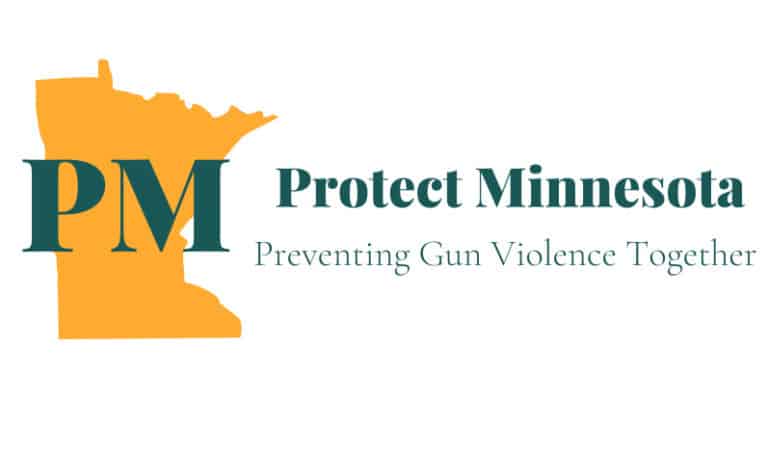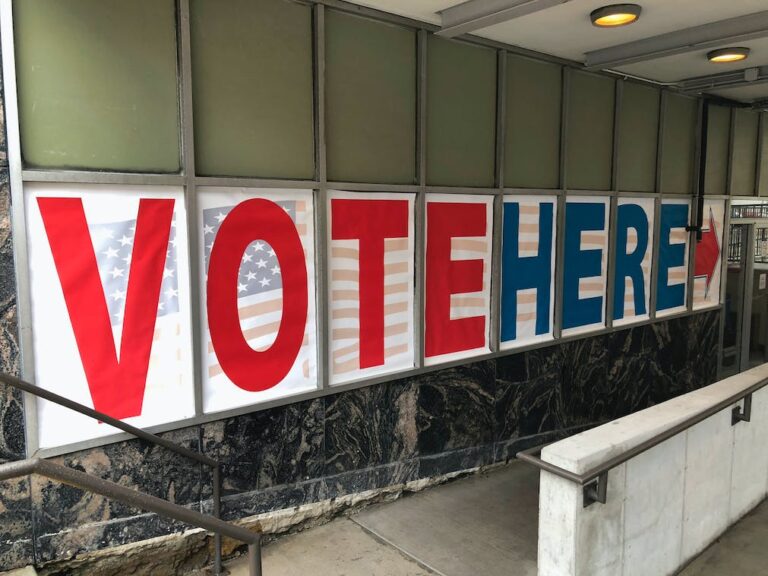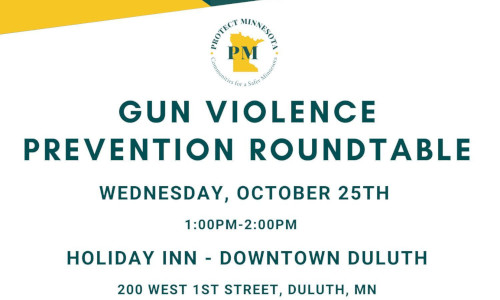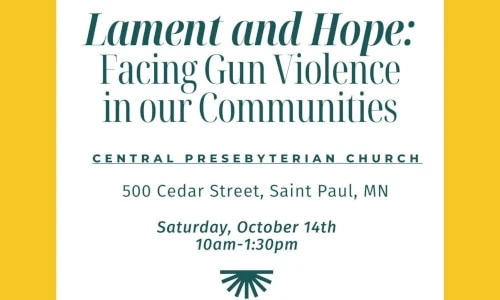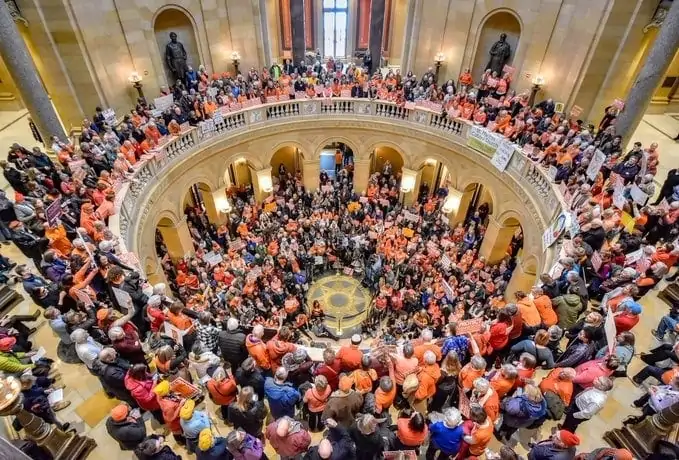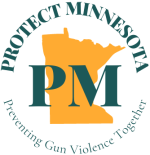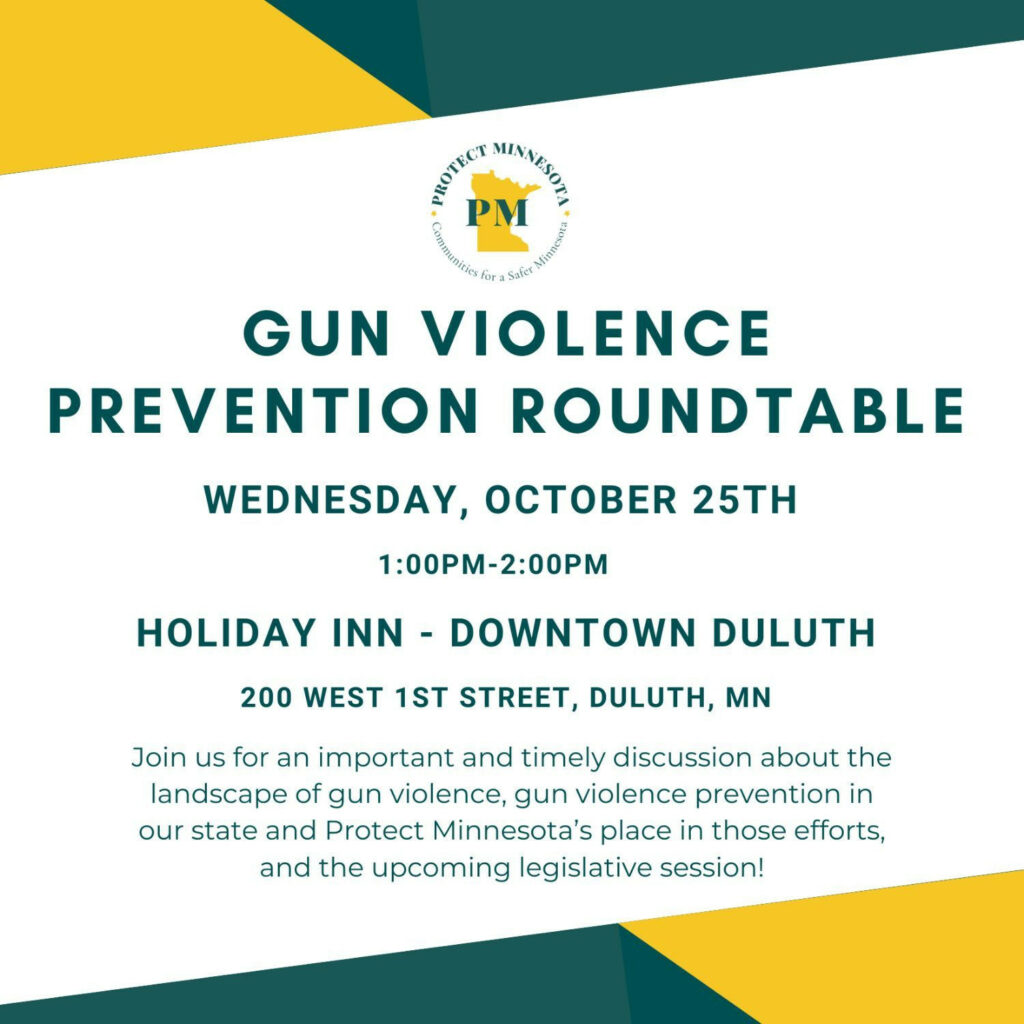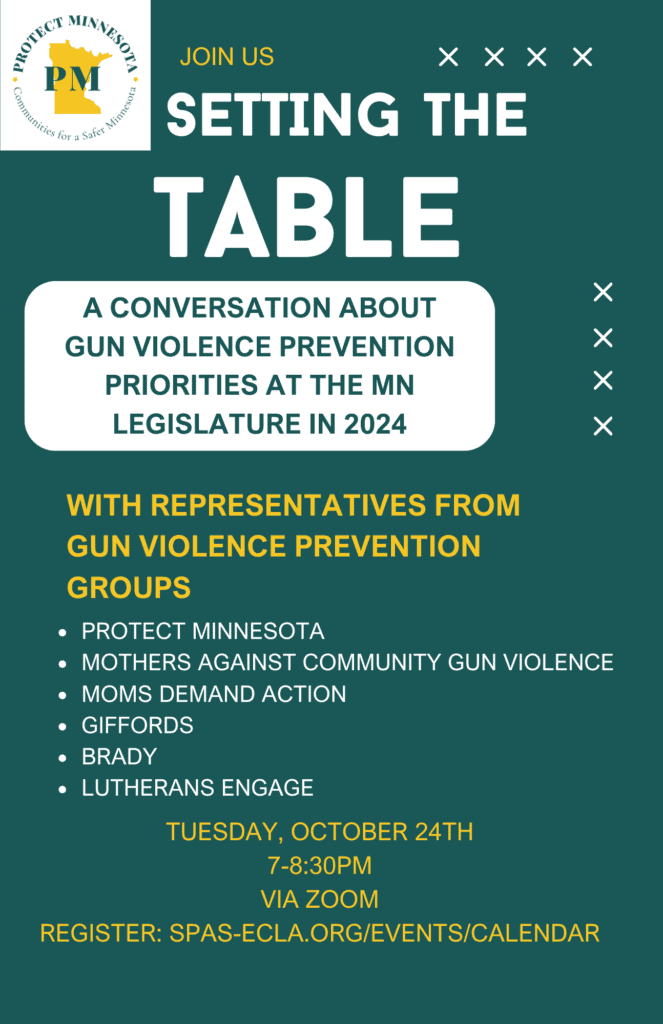We are all negatively affected by gun violence, school shootings, and terrorism, but kids and families have special challenges and needs. These resources can help you, your kids, and your family manage, talk about, and heal from the trauma. These articles and resources will help you understand reactions by age group, provide tips for dealing with the stress, outline the recovery process,guide you in talking to your child, highlight additional resources and help, and more. Please reach out to [email protected] if you are looking for specific resources that are not included in the list below.
Resources
- Tips for Talking With and Helping Children and Youth Cope After a Disaster or Traumatic Event: A Guide for Parents, Caregivers, and Teachers
- This fact sheet helps parents and teachers recognize common reactions of children after experiencing a disaster or traumatic event. It highlights reactions by age group, offers tips for how to respond in a helpful way, and recommends when to seek support.
- Helping your children manage distress in the aftermath of a shooting
- As a parent, you may be struggling with how to talk with your children about a community shooting at a school or elsewhere. This article provides some tips and recommendations.
- How to Talk With Kids About Tragedies & Other Traumatic News Events
- After any disaster or crisis, families struggle with what they should say to children and how to help them cope. The American Academy of Pediatrics (AAP) encourages parents, teachers, child care providers, and others who work closely with children to filter information about the event and present it in a way that their child can understand, adjust to and handle in a healthy way.
- School Shooting Resources
- The linked resources on school shootings were developed by the NCTSN.
- Mass Violence Resources
- The linked resources on mass violence were developed by the NCTSN.
- Terrorism and Violence Resources
- All NCTSN resources on terrorism and violence are available here.
